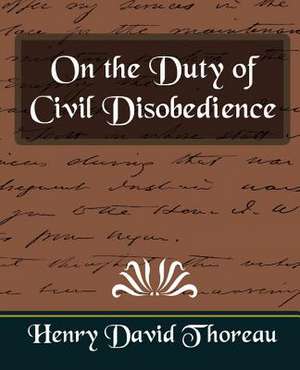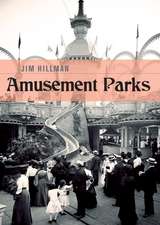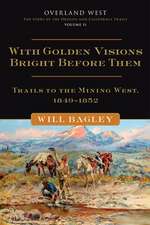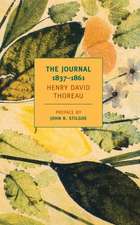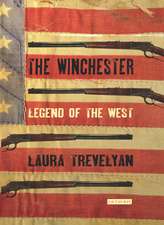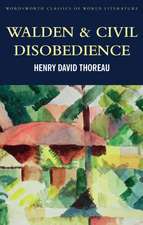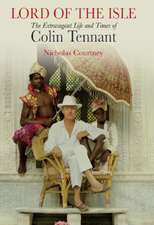On the Duty of Civil Disobedience (New Edition)
Autor Henry David Thoreau, Henry David Thoreauen Limba Engleză Paperback – 10 mai 2007
Preț: 74.78 lei
Nou
Puncte Express: 112
Preț estimativ în valută:
14.31€ • 15.55$ • 12.03£
14.31€ • 15.55$ • 12.03£
Carte tipărită la comandă
Livrare economică 21 aprilie-05 mai
Preluare comenzi: 021 569.72.76
Specificații
ISBN-13: 9781594627477
ISBN-10: 1594627479
Pagini: 48
Dimensiuni: 191 x 235 x 3 mm
Greutate: 0.1 kg
Editura: Book Jungle
Locul publicării:United States
ISBN-10: 1594627479
Pagini: 48
Dimensiuni: 191 x 235 x 3 mm
Greutate: 0.1 kg
Editura: Book Jungle
Locul publicării:United States
Notă biografică
Henry David Thoreau (July 12, 1817 - May 6, 1862) was an American naturalist, essayist, poet, and philosopher. A leading transcendentalist, he is best known for his book Walden, a reflection upon simple living in natural surroundings, and his essay "Civil Disobedience" (originally published as "Resistance to Civil Government"), an argument for disobedience to an unjust state.Thoreau's books, articles, essays, journals, and poetry amount to more than 20 volumes. Among his lasting contributions are his writings on natural history and philosophy, in which he anticipated the methods and findings of ecology and environmental history, two sources of modern-day environmentalism. His literary style interweaves close observation of nature, personal experience, pointed rhetoric, symbolic meanings, and historical lore, while displaying a poetic sensibility, philosophical austerity, and attention to practical detail.[5] He was also deeply interested in the idea of survival in the face of hostile elements, historical change, and natural decay; at the same time he advocated abandoning waste and illusion in order to discover life's true essential needs.Thoreau was a lifelong abolitionist, delivering lectures that attacked the fugitive slave law while praising the writings of Wendell Phillips and defending the abolitionist John Brown. Thoreau's philosophy of civil disobedience later influenced the political thoughts and actions of such notable figures as Leo Tolstoy, Mahatma Gandhi, and Martin Luther King Jr.
